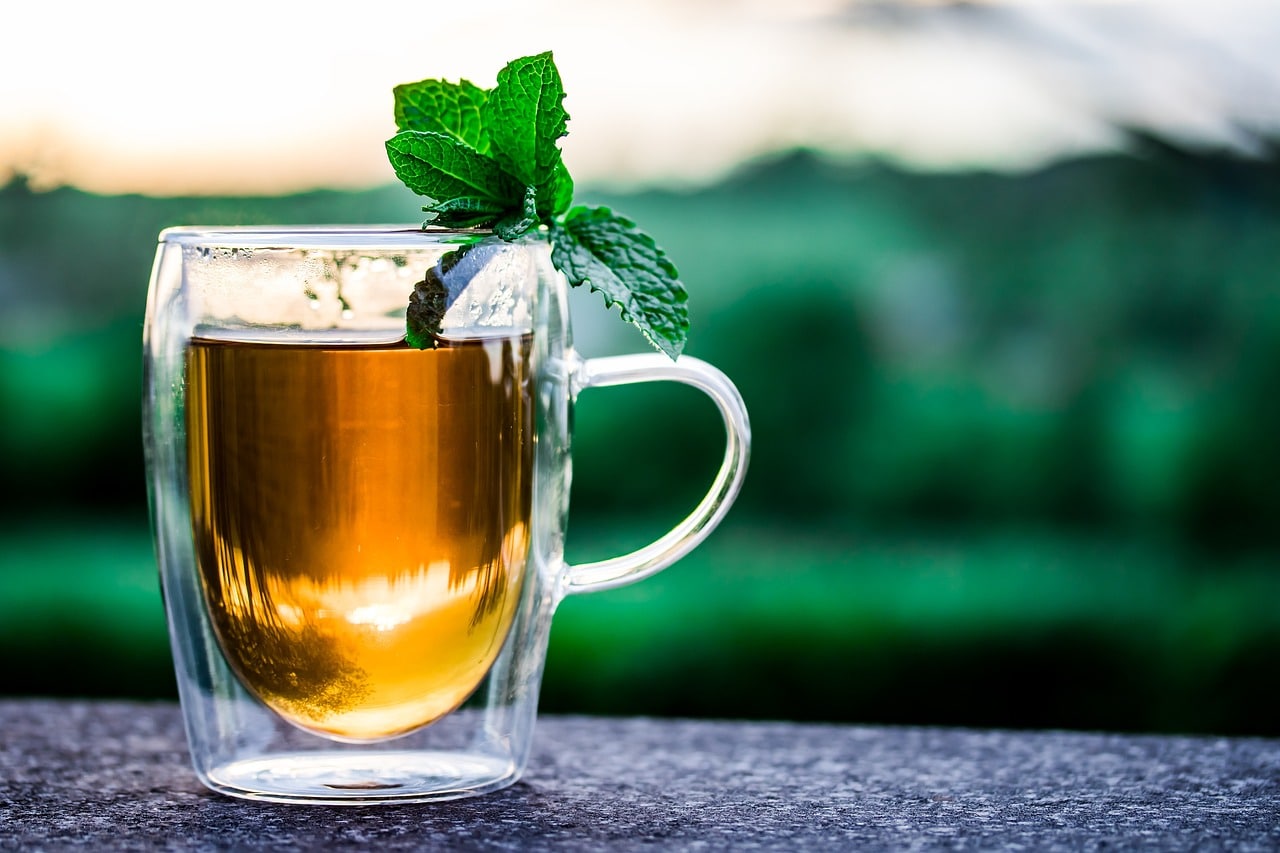
Tea, the humble beverage savored by cultures around the world, isn’t just a delightful drink to warm your soul or cool your palate. It’s a concoction steeped in history, culture, and science, and within its delicate flavors lies a fascinating connection to health, specifically, bladder health. In this enriching journey, we will traverse the world of tea and bladder health, unraveling the complexities, uncovering the myths, and brewing the facts into a cup of knowledge. So grab your favorite mug, and let’s embark on this steaming journey!
Types of Tea and Their Properties
From the fragrant black teas of India to the soothing green teas of Japan, the world of tea is as diverse as it is flavorful. Each type of tea brings with it unique properties that may influence bladder health in various ways. Let’s explore some popular types:
Black Tea
Black tea, known for its robust flavor and dark color, is the most oxidized and therefore often contains higher caffeine levels. While caffeine can stimulate the bladder and may cause irritation for some, it’s not necessarily harmful to all. Moderation is key, and there are decaffeinated black tea options for those concerned about its effects on their bladder.
Green Tea
Green tea, famous for its health-promoting antioxidants, might be a better friend to your bladder. Studies have shown that certain compounds in green tea may have a protective effect against bladder cancer and other issues. Light and refreshing, green tea offers a way to enjoy tea without overstimulating the bladder.
Herbal Teas
Herbal teas, such as chamomile, peppermint, and rooibos, are free from the caffeine that’s found in traditional teas. Often praised for their calming properties, herbal teas might be the most bladder-friendly option, offering hydration without irritation. It’s a colorful world of flavor and benefits, providing a soothing path for those concerned about tea and bladder health.
The Science Behind Tea and Bladder Health
Understanding the science behind tea and bladder health requires diving into the specific compounds and studies that shed light on this relationship. From flavonoids to polyphenols, tea’s components interact with our bodies in complex ways, influencing everything from muscle contractions in the bladder to the prevention of certain diseases.
Several studies have delved into the effects of tea on bladder cancer, with promising findings suggesting that regular consumption of certain teas might reduce the risk. Other research points to the importance of moderation, especially with caffeinated teas, to prevent potential irritation or overstimulation of the bladder.
The science of tea and bladder health is a brew of intrigue and ongoing exploration, reflecting the dynamic nature of both tea and human health. Whether you’re a casual tea sipper or a connoisseur, the relationship between your favorite beverage and your bladder is worth savoring and understanding.
Potential Benefits
The relationship between tea and bladder health isn’t merely a subject of scientific curiosity; it’s an avenue towards wellness. Let’s explore the potential benefits that savoring a cup of tea might hold for your bladder.
Prevention of Certain Bladder Conditions
Some research indicates that the antioxidants in tea, particularly in green tea, may offer protection against bladder cancer and other bladder-related conditions. These antioxidants combat harmful free radicals in the body, which can lead to chronic diseases. Embracing tea as part of a balanced diet could contribute to overall bladder health.
Enhancement of Bladder Function
Hydration is essential for proper bladder function, and enjoying a cup of herbal tea can be a pleasant way to stay hydrated. Choosing caffeine-free options may provide hydration benefits without the potential irritation that caffeinated beverages might cause. Herbal teas, in particular, may promote a more relaxed and healthy bladder.
Part of a Healthy Lifestyle
Tea, with its rich array of flavors and varieties, can be a delightful part of a healthy lifestyle that supports bladder health. Integrating tea into your diet not only adds a sensory pleasure but can also contribute to overall wellness, including optimal bladder function.
Potential Drawbacks
While the world of tea offers many potential benefits for bladder health, it’s not without its considerations. Understanding the potential drawbacks and acting with awareness can help you make informed choices that suit your individual needs.
Possible Negative Impacts
Caffeinated teas, including black and some green teas, may have a diuretic effect, leading to increased urination or even irritation in some individuals. Those with specific bladder conditions may need to exercise caution or opt for decaffeinated varieties.
Need for Moderation
Like any aspect of a balanced diet, moderation is crucial when it comes to tea consumption. Drinking excessive amounts of even herbal teas may lead to an imbalance in nutrients or other unexpected effects. Understanding your body’s response to tea and finding the right balance is a significant step in nurturing both tea enjoyment and bladder health.
Consideration of Other Factors
Tea is just one part of the complex equation of bladder health. Other lifestyle factors, including diet, exercise, and medical conditions, play a vital role. Tea can be a beautiful addition to a holistic approach to bladder health but should not be viewed in isolation or as a sole solution.
Conclusion
The interplay between tea and bladder health is a dance of complexity and grace. Like the intricate art of tea brewing, understanding this relationship requires attention to detail, appreciation of nuance, and a willingness to explore. Whether you find comfort in a steaming mug of black tea or prefer the gentle embrace of herbal infusions, the world of tea offers a universe of possibilities for enjoyment and well-being. May your tea journey be flavorful, mindful, and bladder-friendly!
